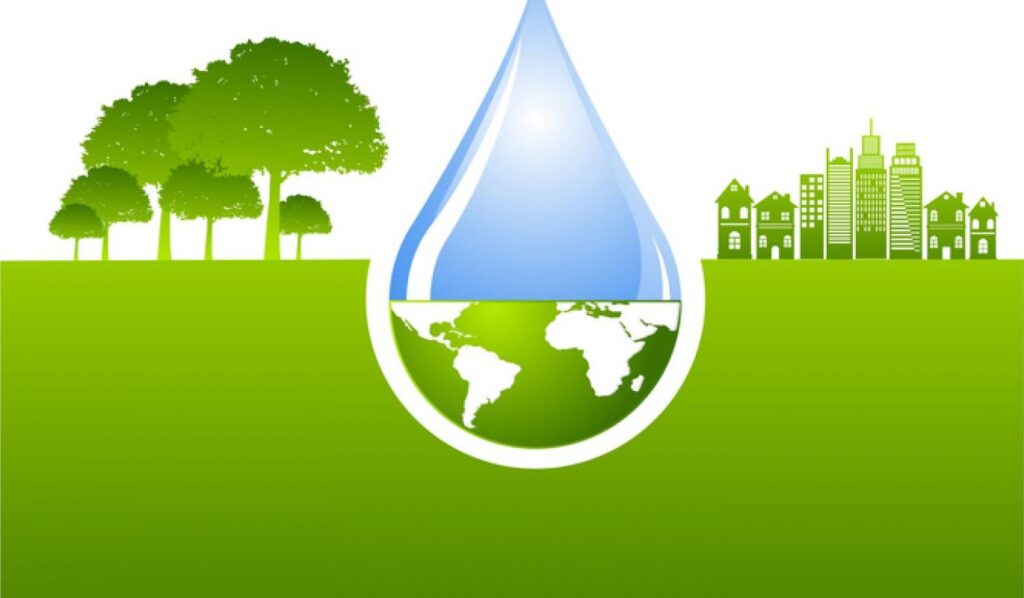
Water, the lifeblood of our planet, sustains all living beings on Earth. Amidst growing concerns about climate change and environmental degradation, the National Water and Sewerage Corporation assumes a significant role in preserving this invaluable asset. Its responsibility extends beyond delivering clean, safe water and efficient sanitation, it stands as a guardian of ecosystems, public health, and the world’s future.
Within the daily operations of this organization lie potential impacts on the environment. The processes of water extraction, treatment, and distribution can reverberate through the ecosystem. Wastewater discharge and improper sanitation, if not managed properly, can lead to pollution, soil contamination, and public health crises.
Hence, the need for robust environmental protection strategies becomes paramount. Striving to ensure human health, ecosystem vitality, and the preservation of freshwater resources is imperative.
To begin, adherence to stringent environmental regulations and standards set by governmental bodies assumes utmost significance. This not only assures that operations remain environmentally benign but also holds the organization accountable for any inadvertent impact.
Investing in research and innovation, although an investment, yields dividends in the form of advanced technologies and practices that mitigate environmental impact. Innovations in water treatment, reduction of non-revenue water loss, water quality monitoring, and leak detection all contribute to minimizing the ecological footprint.
Advanced wastewater treatment technologies must be integrated to effectively eliminate pollutants. Moreover, treated wastewater can find new life in irrigation, domestic use, and industrial processes, thereby alleviating the strain on precious freshwater resources.
Empowering the public with knowledge of pollution prevention, effective waste disposal, and responsible water usage is another crucial facet of environmental protection. An informed society is more likely to rally behind sustainable water management practices.
Safeguarding natural water bodies from pollution and encroachment is vital for striking a balance between human needs and environmental conservation. Water extraction must be approached sustainably to protect aquatic ecosystems and ensure their longevity.
Water treatment facilities should adopt energy-efficient equipment and processes to minimize waste generation and energy consumption. Embracing advanced treatment methodologies can significantly curb water pollution.
Even in the face of collective efforts, challenges persist. Population growth, aging infrastructure, financial constraints, and the specter of climate change loom large. However, a collaborative approach involving governments, private sectors, and communities can drive innovation and surmount these obstacles.
In the journey to safeguard the environment, we must also ensure the preservation of water resources for both current and future generations. Balancing the imperative for clean water and sanitation with the need to protect our precious environment calls for embracing sustainable practices


